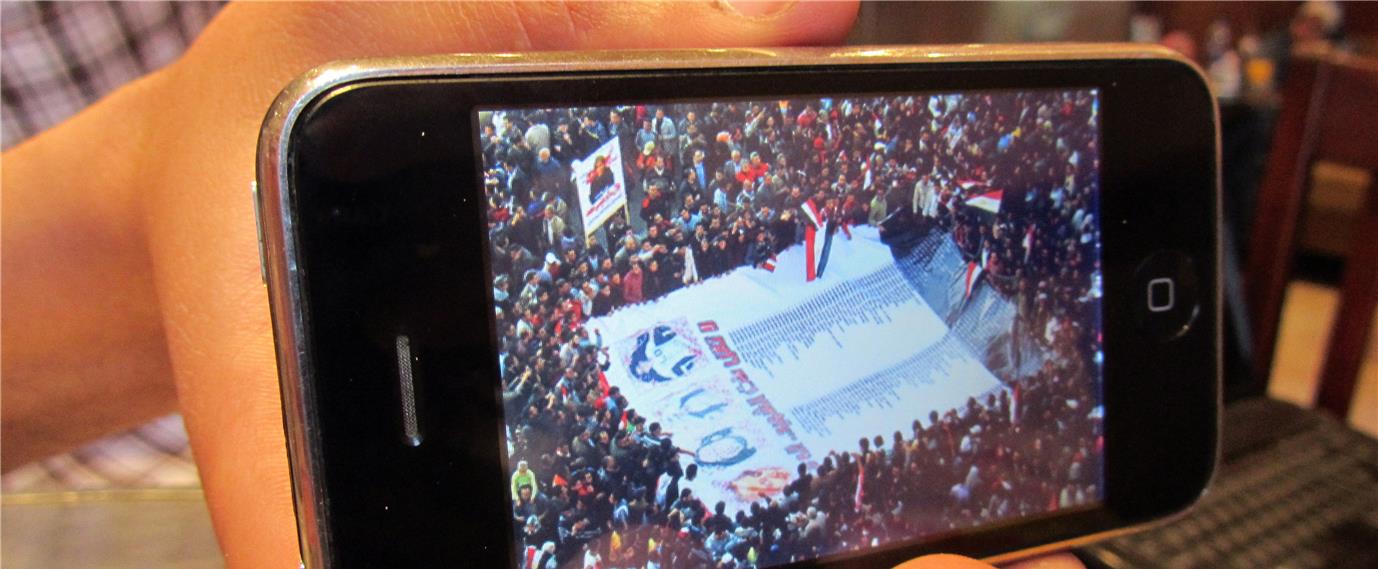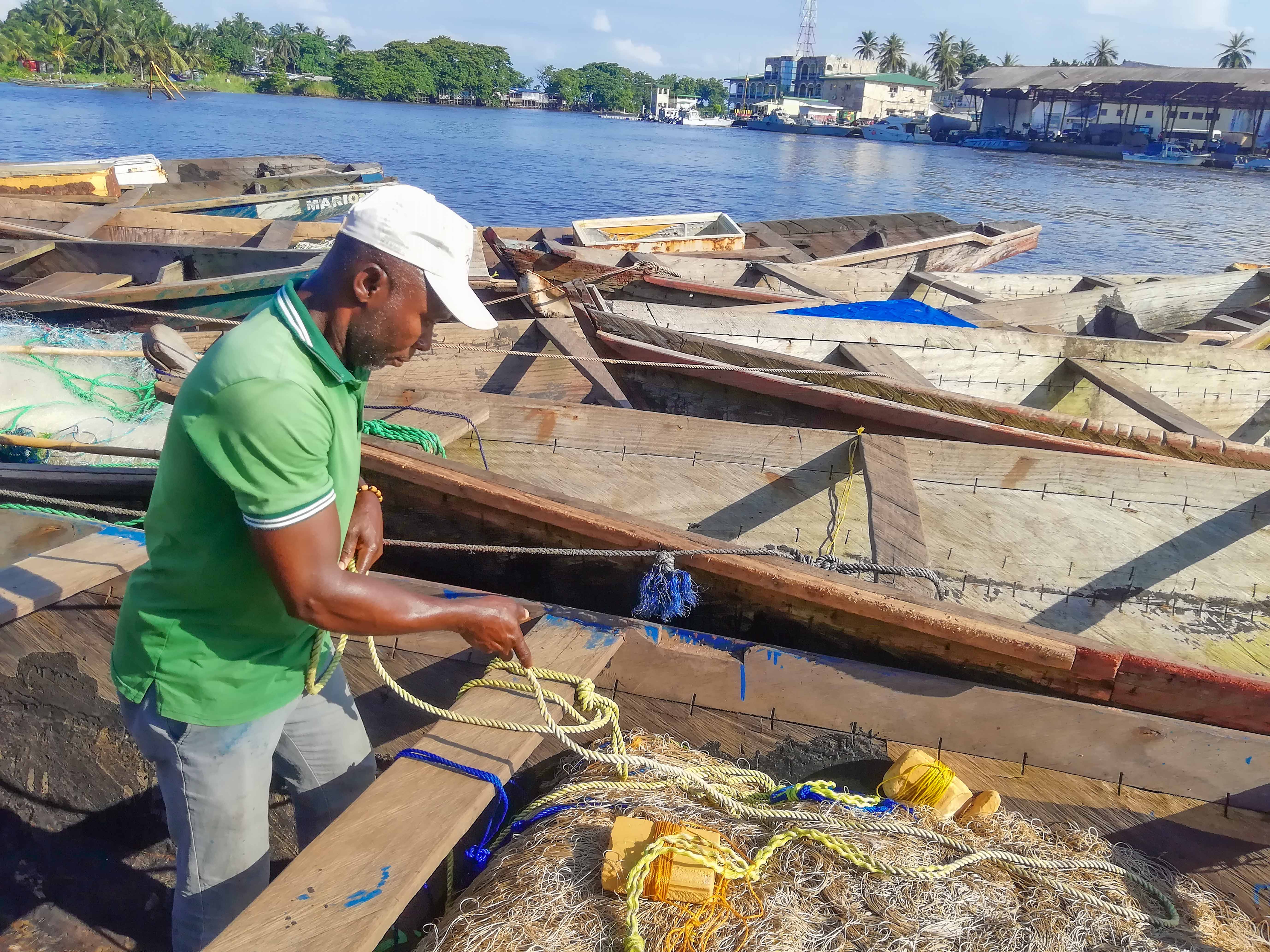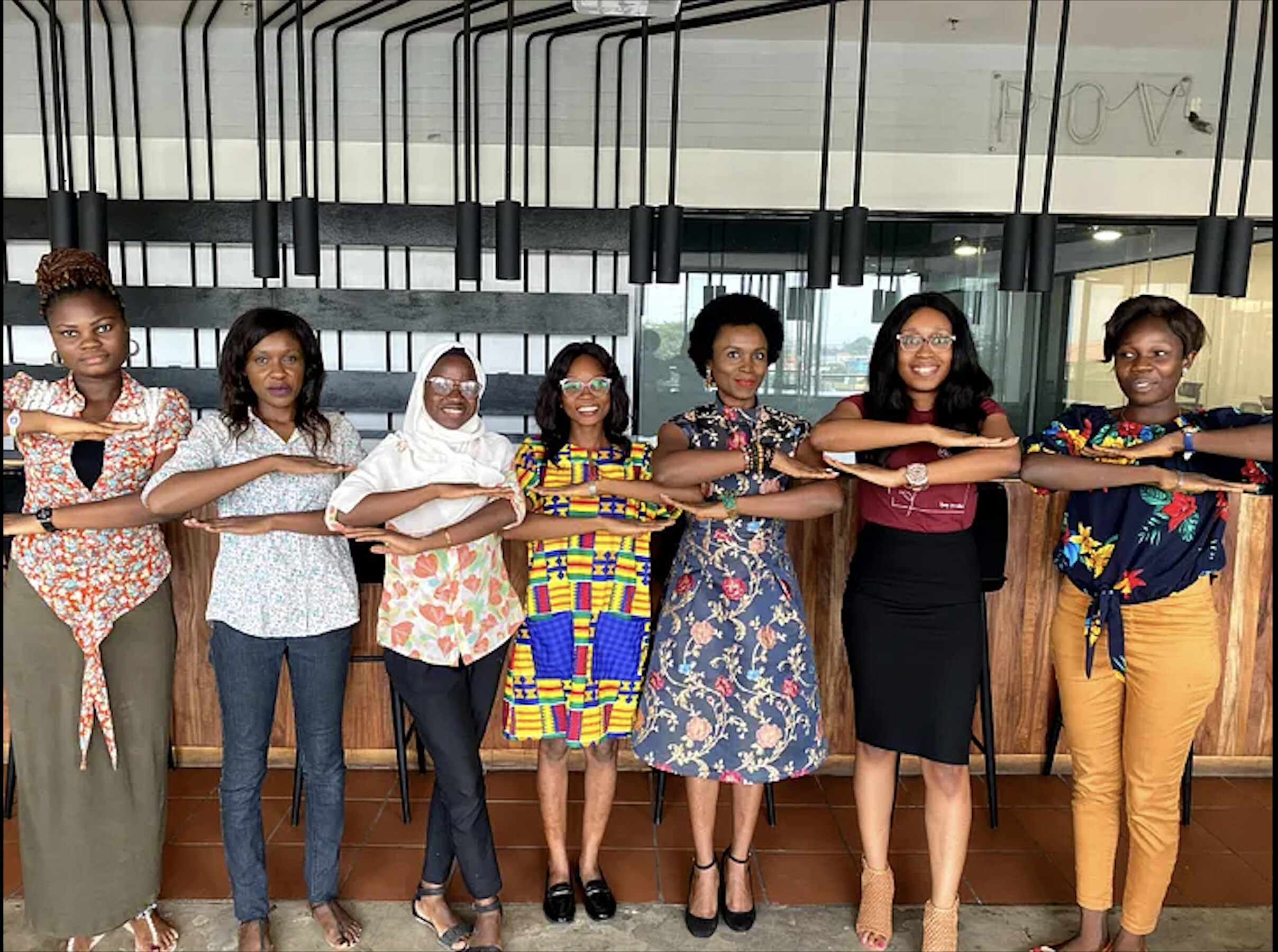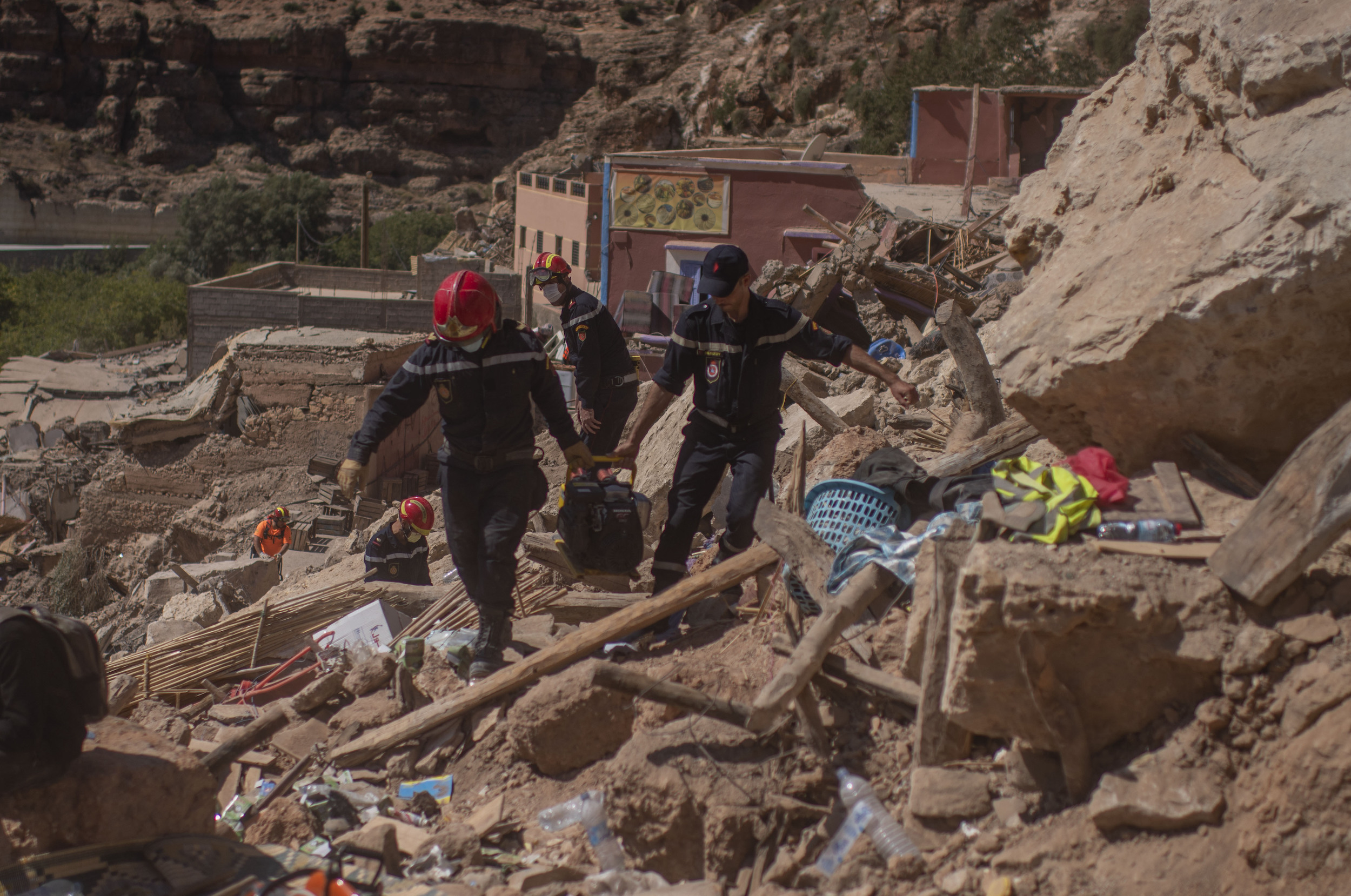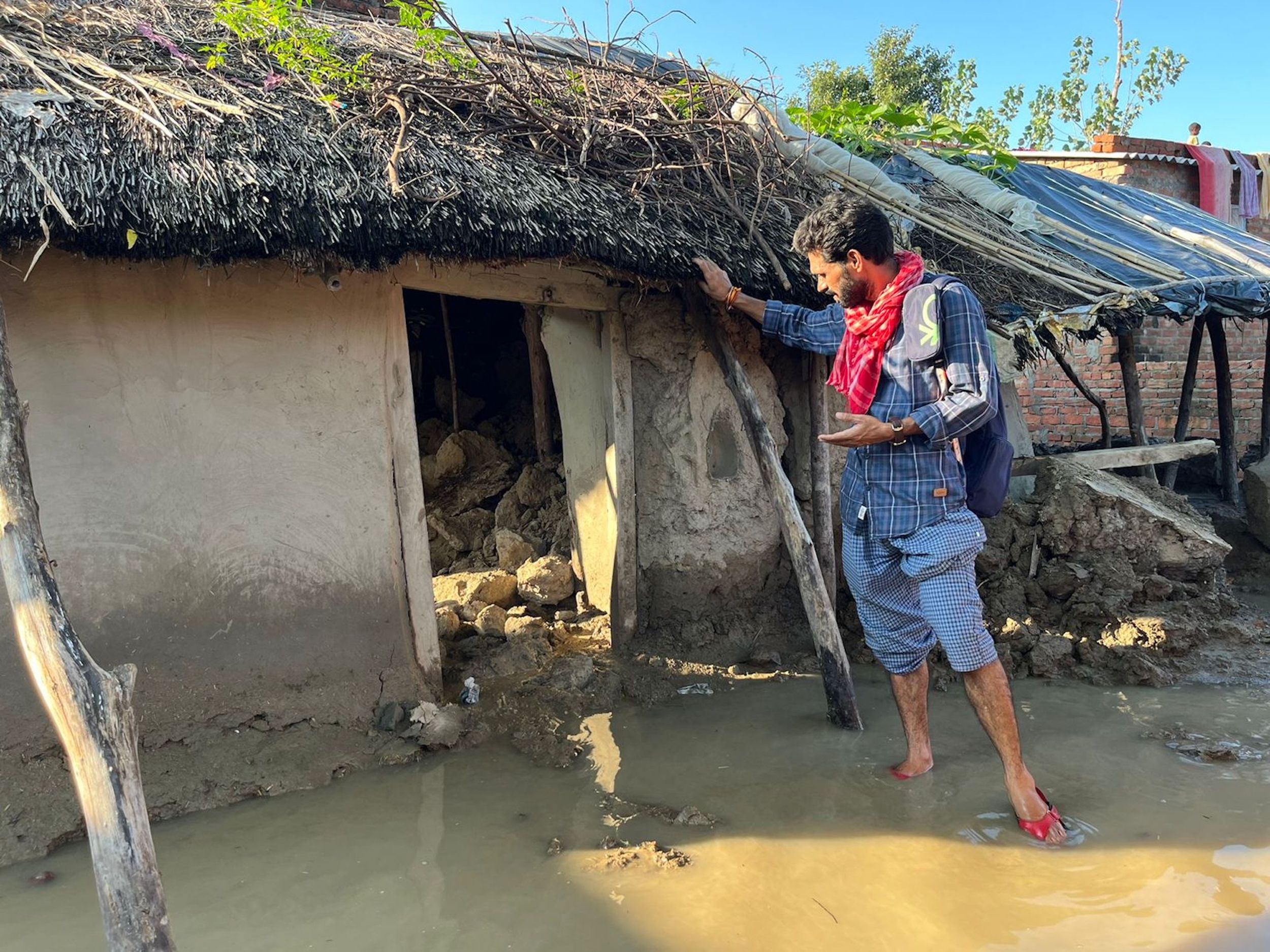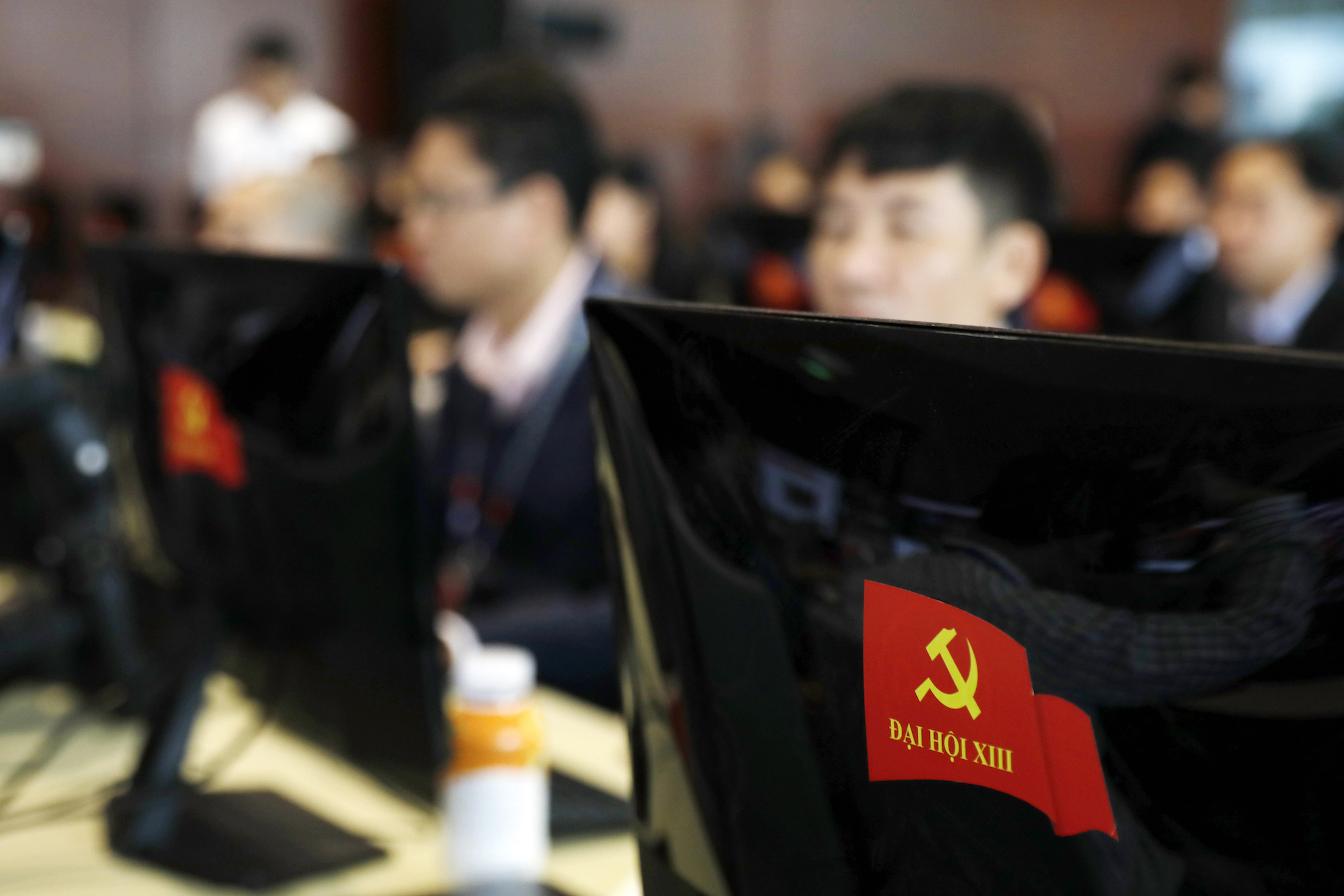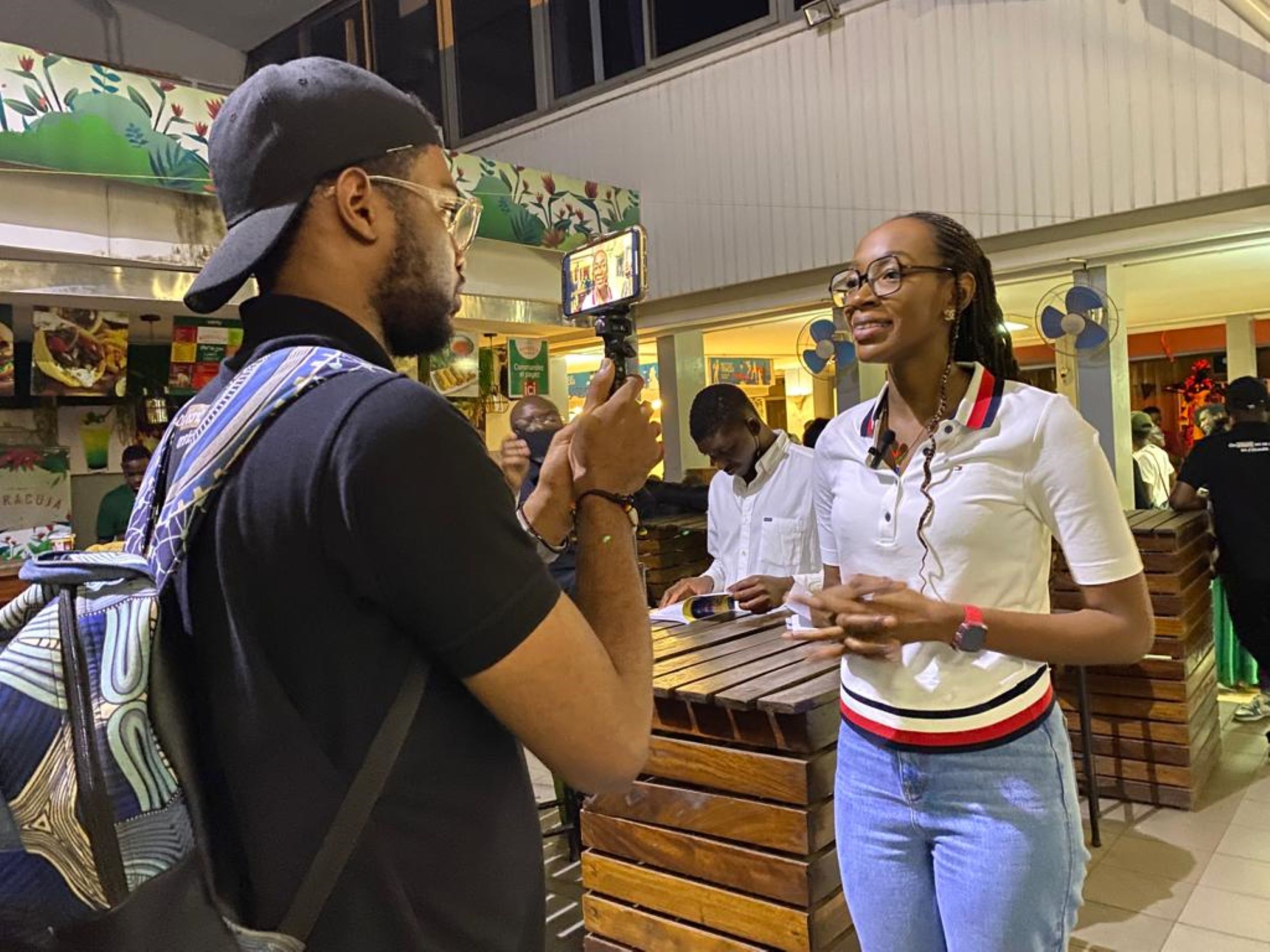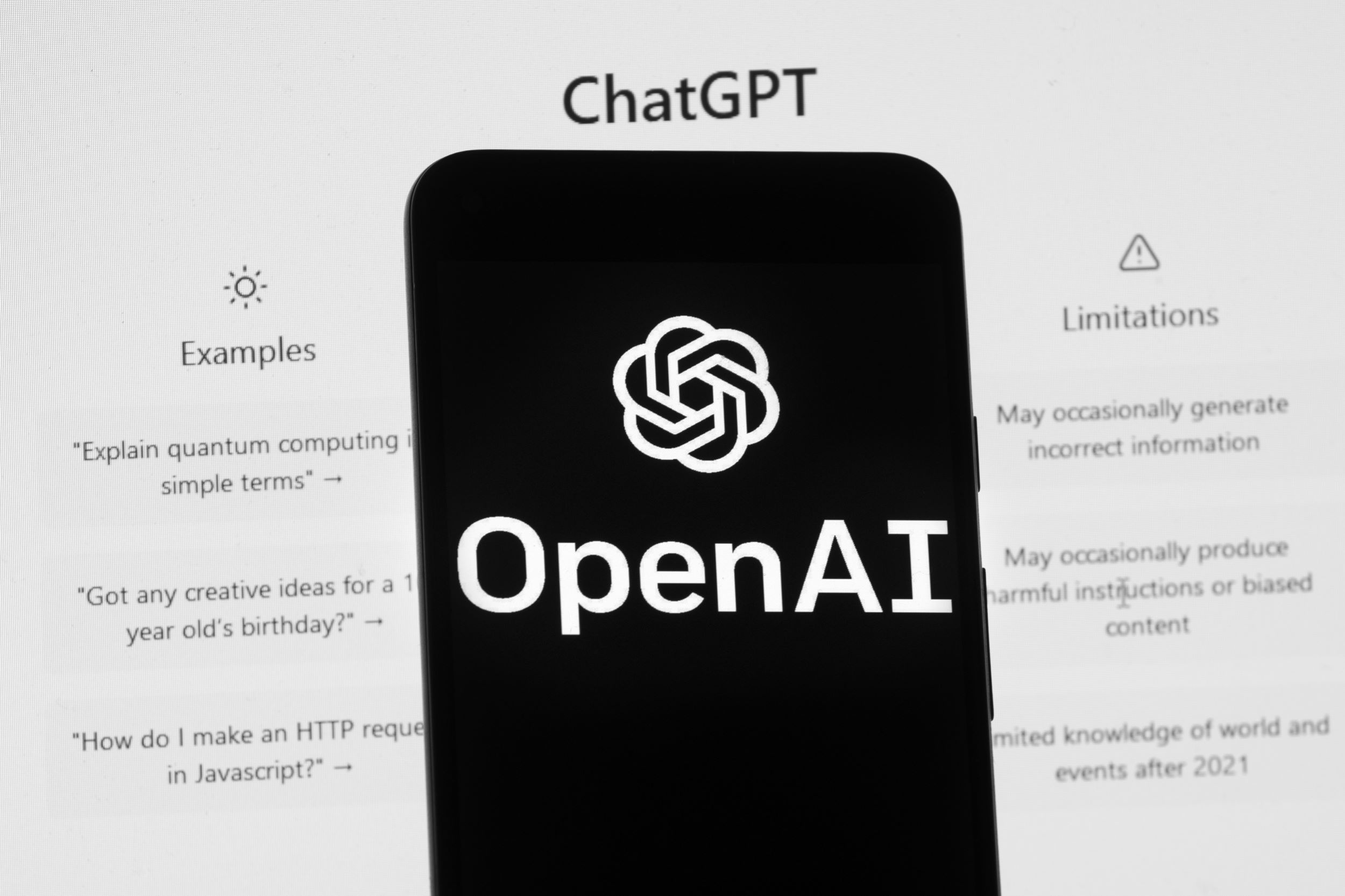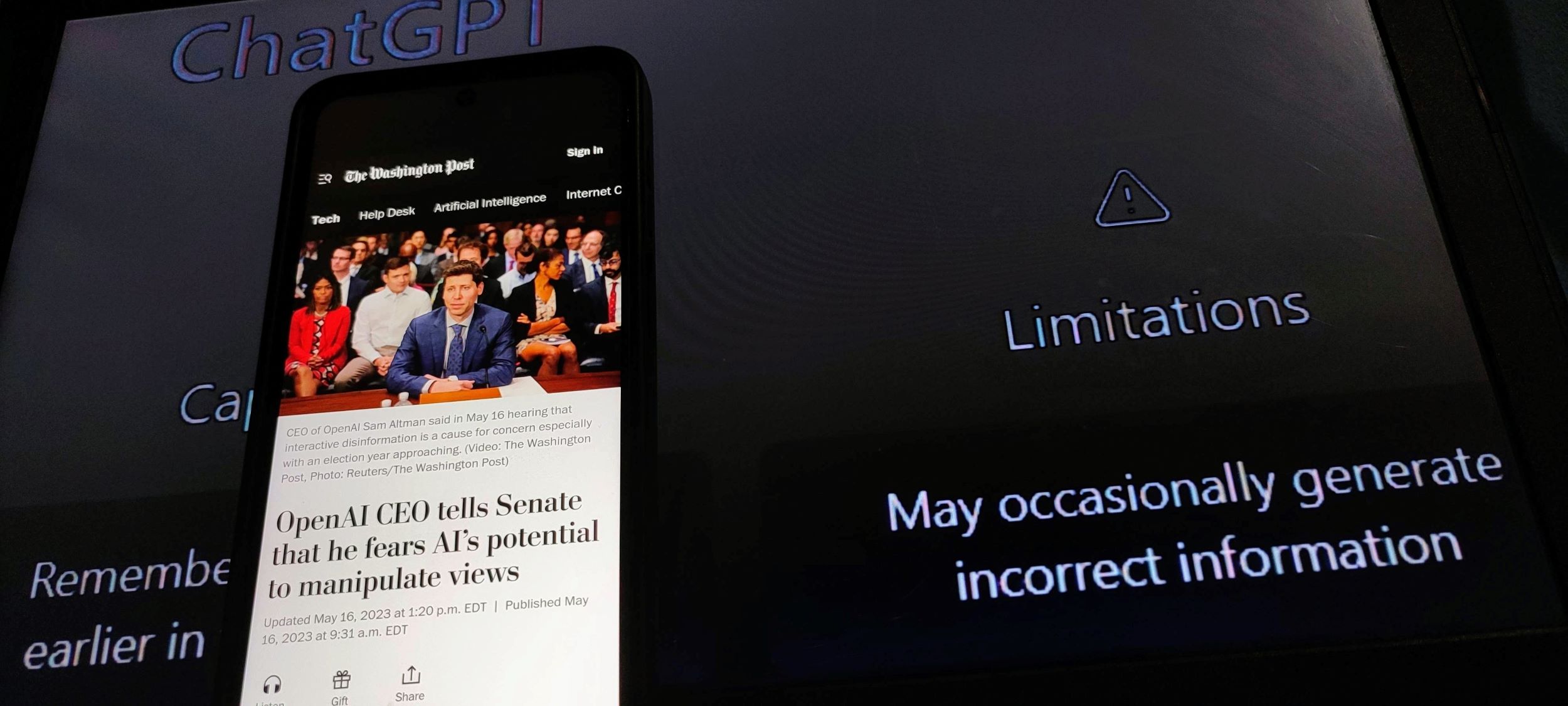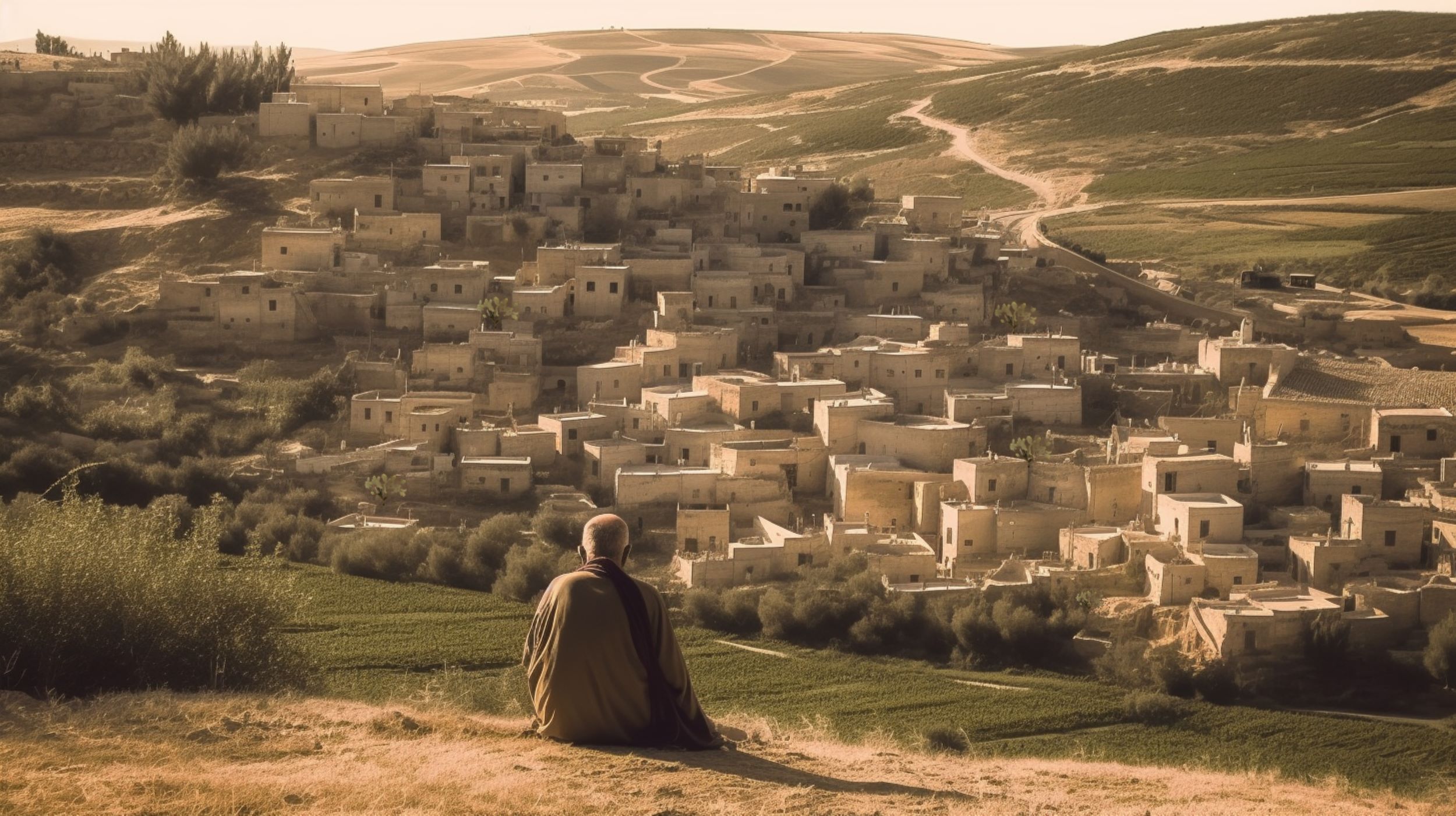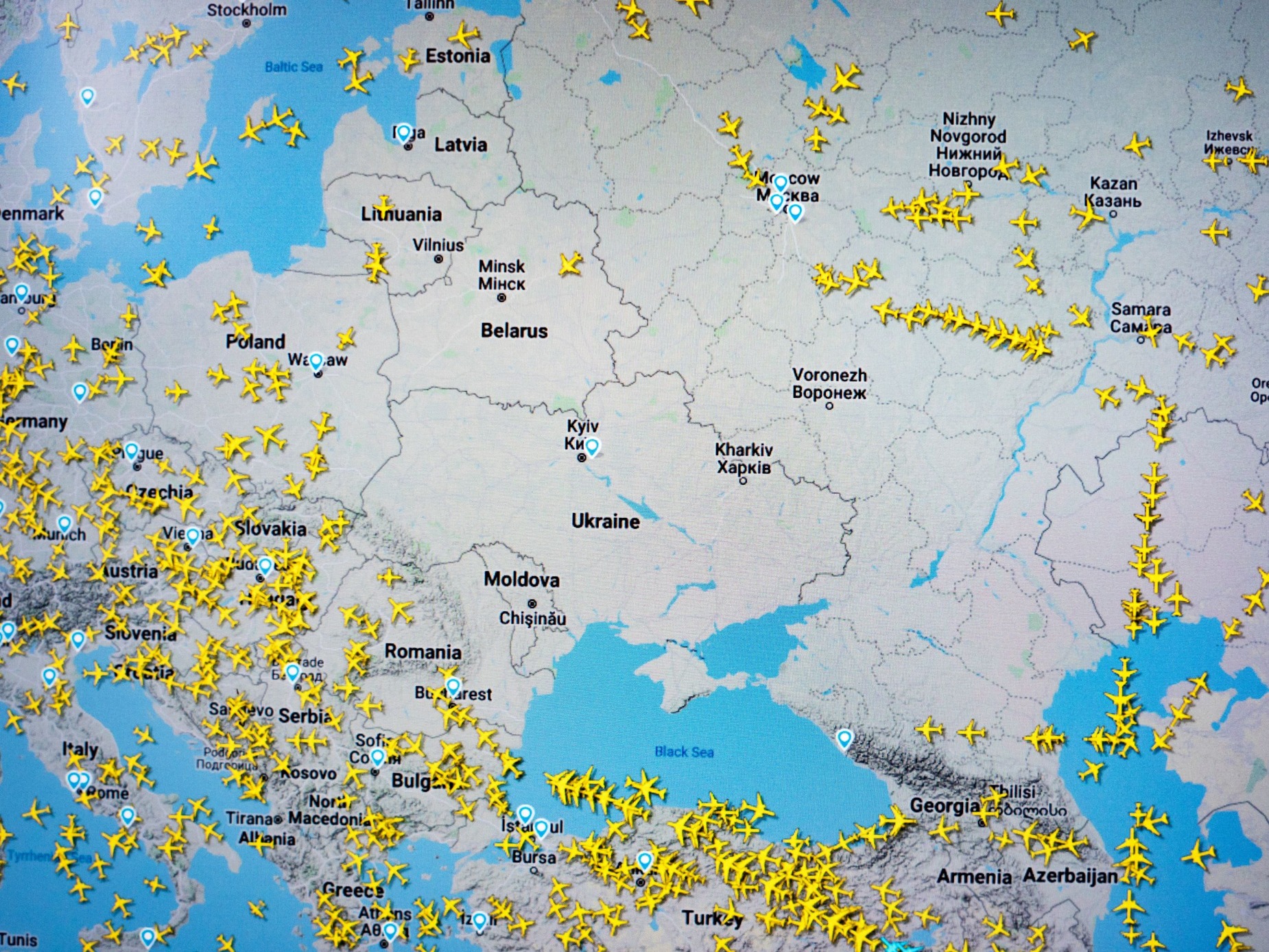تتزايد أهمية دور المحتوى الذي ينتجه المُسْتَخْدِمون في التغطية الإخبارية اليومية بعد أن اختارت الجماهير (مشاهدين، ومستمعين، وقراء... إلخ) أن تُطلع الآخرين على قصصها وخبراتها من خلال المحتوى الذي تأتي بنفسها به. إن معاملتنا لمن يعطينا هذا المحتوى المهم لها تأثير مباشر على الطريقة التي نستطيع نحن ومنظمات أخرى أن نعمل بها مع هذه الجماهير في المستقبل.
من الضروري تحديد أي معايير أخلاقية ستناسبك وتناسب جمهورك، وأي أفعال ستسمح لك بتأسيس علاقة معهم وبالحفاظ عليها. توجهنا يجب أن يكون أخلاقيا كي يكون مستداما.
يسهم الأفراد عادة في التغطية الإخبارية بطريقتين. في إحداهما، يمكن للصحفيين أن يدعوا ويشجعوا الناس على المشاركة في برمجة الأخبار ونقلها. هذا النوع من المساهمين عادة ما يكون مخلصا، وسينتج محتوى متسقا مع خط المؤسسة، وعادة ما سيكون متفان فيما يخص أي مشاركات.
النوع الثاني هو "صحفي الصدفة". وقد يكون هذا الشخص شاهد عيان على حدث ما، أو شخصا يطلعك على تفاصيل ستساعدك في تحقيقك الاستقصائي، حتى وإن كان ذلك الشخص لا يفعل ذلك بغرض مساعدة الصحفيين. هذا النوع غالبا لا يكون لديه فكرة، أو لديه فكرة بسيطة، أن ما بحوزته، أو ما قدمه لك وهو متحمس، قد يكون ذا قيمة أو أهمية بالنسبة للصحفيين. وهذا ينطبق بالذات في مجال الصحافة الاستقصائية.
الدخول إلى المجتمعات الخاصة
المجتمعات الخاصة قد تكون مفيدة جدا في الإمساك بطرف الخيط في التحقيقات. من نماذج المجتمعات الخاصة التي لا تخطئها العين هي المدونات ومجموعات subreddits و Facebook. المجتمعات الأقل وضوحا هي عندما يستخدم شخص صفحة يوتيوب لإطلاع أصدقائه وعائلته على مقاطع فيديو. إنه محتوى عام، ولكن المستخدم يفترض مستوى من الخصوصية لأنه يطلع أشخاصا محددين على هذه المواد. النقطة الرئيسية هنا هي أن تفكر في كيف يرى منتج المحتوى أنشطته، وليس كيف تراها أنت. سيساعدك ذلك في تطبيق أكثر التوجهات حساسية وأخلاقية.
من المرجح أن تكون القضية الرئيسية في كيفية الكشف عن هويتك لهذا المجتمع كطارئ عليه، وكيف ستكشف عن هويتك ما أن تصبح جزءا في داخل ذلك المجتمع. فداخل منظمتك، تحتاج أن تأخذ في الاعتبار سؤالين يتعلقان بمدى الشفافية التي من المفترض أن تكون عليها.
متى يكون إخفاء الهوية مقبولا؟
- المُسْتَخْدِمون في منصات مثل Reddit و4Chan في الأغلب مجهولو الهوية، وقد يكون مقبولا أن تبدأ التفاعل بدون أن تكشف في بادئ الأمر عن هويتك كصحفي. لكن، إن كان تفاعلك أكثر من مجرد مراقب لما يدور من حوارات، سيأتي على الأرجح وقت يكون مناسبا عنده أن تكشف عن هويتك ومهنتك.
متى لا يرجح أن يكون إخفاء الهوية اختيارا؟
- شبكات مثل Facebook وTwitter أكثر فائدة عادة بالنسبة للأخبار العاجلة لأنه من المرجح أن يستخدم الأشخاص أسماء وهويات حقيقية. في مثل هذه البيئة لن يكون لديك خيار إخفاء هويتك، كصحفي. ومرة أخرى، إن كنتَ فقط تشاهد ولا تتعاطى مع الآخرين، فإن انفتاحك وصراحتك بخصوص حقيقة هويتك عادة سيكون الطريق الأفضل للتقدم.
هناك دائما استثناءات للقاعدة. وهذا هو أيضا الحال عندما يتخذ القرار متى يكون مقبولا للصحفيين أن يتخفوا في العالم الحقيقي. إن وضع تصور للسياسة التي ستتبعها قبل الوقوع في مأزق سيأتي دائما بأفضل النتائج. بعدئذ يمكنك أن تتصرف بثقة لكونك فكرت جيدا في قرارك.
الحصول على الإذن
السعي للحصول على إذن لاستخدام مضمون UGC يساعد في ترسيخ سمعة مؤسستك في معاملتها الآخرين باحترام وفي الحفاظ على تلك السمعة. ويساعد الحصول على الإذن أيضا في التأكد من أنك تستخدم محتوى من مصدر أصيل. وقد يوفر ذلك عليك الصداع القانوني على المدى الطويل. جميع المنصات الاجتماعية الأساسية لديها طرق بسيطة للتواصل السريع والمباشر مع المستخدمين.
التواصل مع الأفراد، بالطبع، جزء مهم من أي عملية تحقق. وهذا يعني أن فعل طلب الإذن يفتح أيضا مصدرا ممكنا لمعلومات إضافية أو حتى لمحتوى لم تكن لتحصل عليه بطريقة أخرى.
مسألة الدفع مقابل المحتوى هي مسألة منفصلة تحتاج مؤسستك إلى تحديدها بنفسها. ولكن من الواضح أن الحصول على إذن ثم التنويه إلى المصدر هو الإجراء السائد الآن بالنسبة للمحتوى الذي ينتجه مستخدمون.
إدارة المشاركين وأمنهم
مساهمات/تكليفات الجمهور بمهمات
إن كنت تجمع محتوى من جمهورك من خلال طلبات تكليفات فهناك عدة قضايا أخلاقية يجب أن تأخذها في الاعتبار. يأتي على قمة هذه القائمة مسؤوليتك في إبقائهم بأمان. عند اختيار المعايير في هذا المجال، عليك أن تناقش القضايا التالية:
- هل يضع هذا التكليف شخصا ما في خطر؟
- هل يمكن لشخص أن يقترب أكثر من اللازم من حدث خطير أو أشخاص قد يؤذونه؟
- ما هي مسؤوليتك تجاه الشخص الذي لحق به أذى أثناء قيامه بالمهمة التي كلفته أنت بها؟
- كيف ستقوم بالتعريف عن الشخص في الإصدار أو المادة المذاعة... ؟
- ما هو تأثير المهمة في موثوقية/حقيقة المحتوى الذي سيتم إنتاجه بموازاة محتوى أنتج دون أن يكلف به أحد؟
المحتوى المُكتَشَف
تنطبق القضايا المطروحة آنفا أيضا على الأشخاص الذين اكتشفت مساهماتهم (ما أنتجوه من محتوى)، بدلا من طلبكم منهم أن يرسلوها إليك. ومع ذلك، وفي حالة الصحافي الصدفة، ثمة أسئلة إضافية تحتاج لأن تسألها داخل مؤسستك. وهذه الأسئلة تساعد في تأسيس سياستك في التواصل معهم وفي استخدام ما أنتجوه من محتوى:
-
هل يدرك الشخص كيف يمكن أن يتأثر بإعطائه هذا المحتوى إلى وسائل الإعلام؟
-
هل تعتقد أن صاحب المحتوى أو مَنْ رفعه كان يعرف أنه من الممكن أن تكتشفه مؤسسة كمؤسستك؟ هل تعتقد أن المحتوى كان مخصصا لشبكته الخاصة من أصدقاء وعائلة؟
-
كيف يمكنك أن تسعى في طلب إذن أو تأمين اتصال بخصوص مادة خبرية تستحق النشر... دون أن تزعجهم بطلبات متكررة وكأنهم جهة إعلامية؟
-
كيف يمكن أن تتواصل، متوخيا الحساسية، مع أناس بحوزتهم مادة خبرية تستحق النشر، ولكنهم ربما في وضع سبب لهم خسارة وكربا؟
-
هل يكشفُ نشرُ أو إذاعةُ المحتوى الخاص بهم مكان وجودهم أو أي معلومات شخصية قد تتسبب في أذيتهم أو تؤثر عليهم في غير الأذى؟
تخطيط مسار أخلاقي للمستقبل
لدى اتحاد الأخبار الإلكترونية Online News Association عدة مبادرات للتعامل مع العديد من القضايا التي طرحت في هذا الفصل. الهدف هو خلق مصادر تسمح للصحافي في جميع أنواع المؤسسات الإخبارية بتخطيط مسار أخلاقي للمستقبل.
مشروع اتحاد الأخبار الإلكترونية لوضع مدونة ميثاق شرف مهني لنفسك بنفسك ONA’s DIY ethics code يسمح لغرف الأخبار أن تضع ميثاق شرف شخصي. تم إنشاء مجموعة "محتوى ينتجه مستخدمون" UGC داخل اتحاد الأخبار الإلكترونية "ONA" للتقريب بين قيادات من أنحاء مجتمع الصحافة كي يتدارسوا بحرية التحديات والحلول الممكنة للقضايا الأخلاقية التي يطرحها الاستخدام المتزايد للأخبار المُجمّعة تجميعا مجتمعيا، وللمحتوى الذي ينتجه المُسْتَخْدِمون.
وتركز هذه المجموعة على ثلاثة مجالات محددة:
-
هل يمكن لصناعة/ قطاع الإعلام أن يتفق على ميثاق أخلاقي للمحتوى الذي ينتجه المُسْتَخْدِمون؟
-
هل يمكننا العمل مع الجمهور لفهم احتياجاتهم، وإحباطتهم، ومخاوفهم؟
-
كيف لنا أن نتوسع في حماية صحفيينا العاملين مع المحتوى الذي ينتجه المُسْتَخْدِمون؟
لقراءة دليل التحقق للصحافة الاستقصائية كاملا، الرجاء الضغط على الرابط.
http://verificationhandbook.com/book2_ar/handbook2.arabic.pdf
